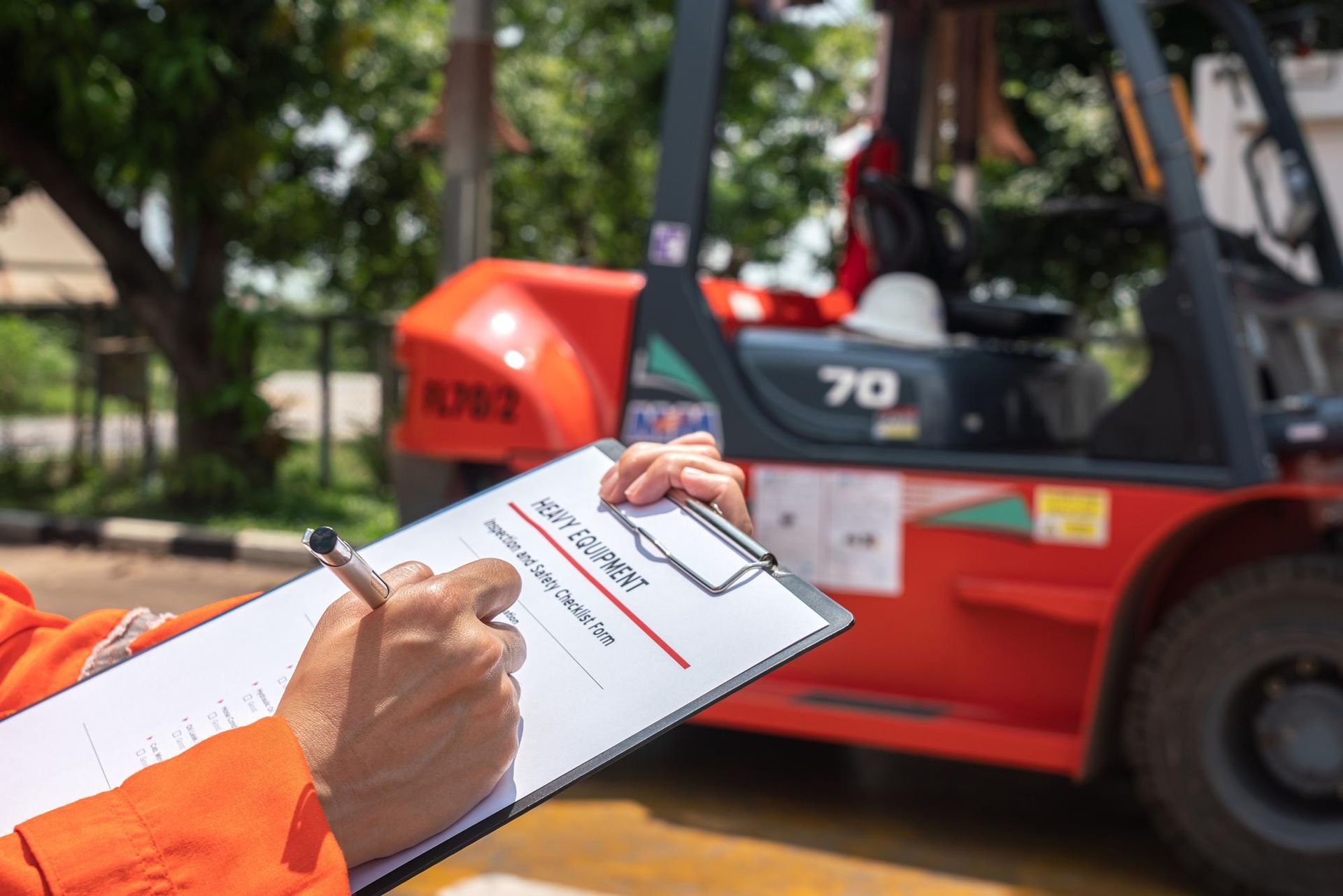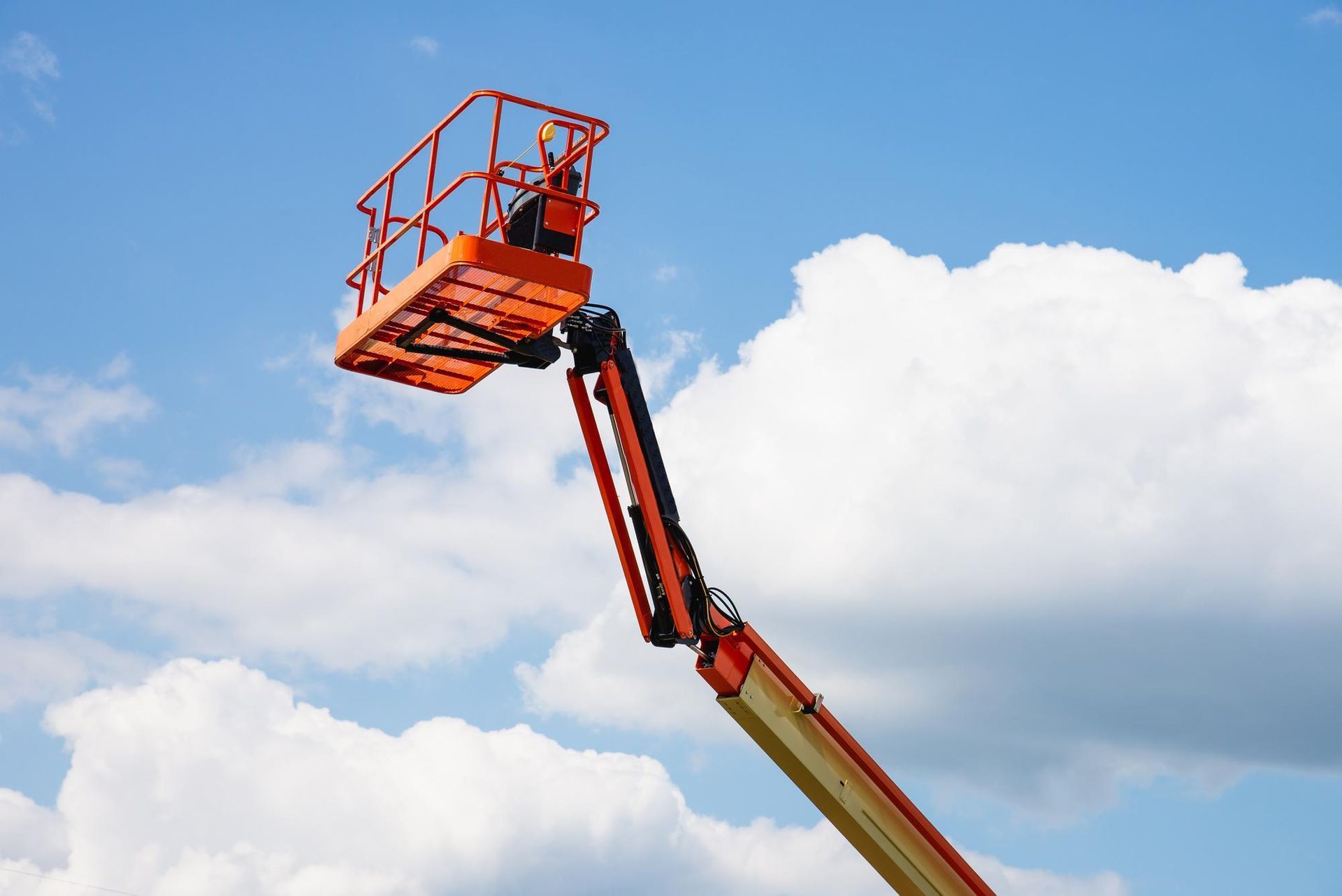Mini Excavator Rental in 2024: Cost-Saving Strategies.
As the construction industry navigates the demands of 2024 , identifying practical , cost effective approaches to
mini excavator rental remains a key priority . This discussion examines those variables in detail and offers grounded, strategic insights aimed at helping professionals make informed, cost-conscious rental decisions in a complex operating environment. While the equipment category may appear simple, it involves a range of financial variables that can impact overall project efficiency.
Understanding Mini Excavator Rental Costs
The cost of renting a mini excavator isn't just a flat rate; it's influenced by a myriad of factors including the duration of rental, the model's age and capabilities, and even the current market demand. Understanding these factors is the first step in mastering the art of cost-saving in mini excavator rental. The prices in 2024 have seen a dynamic shift due to technological advancements, making it more important than ever to stay informed.
Strategic Planning for Rental
Effective cost management starts with planning. Renting equipment for more than the duration required amounts to unnecessary expenses, and less rental duration amounts to project delay. Effective project duration and size estimation enable accurate matching between rental duration and equipment utilization such that costs are kept within real working requirements.
Choosing the Right Mini Excavator
In 2024, choosing the right mini excavator for your project involves a balance of technical specifications, project requirements, and budget considerations. Here are key factors to consider:
- Assess Project Requirements: Begin by evaluating the scope of your project. Consider the size of the site, the type of soil or material you'll be working with, and the depth or height at which you'll be operating. Larger excavators offer more power but may be overkill for smaller projects, leading to unnecessary expenses.
- Size and Power: Mini excavators come in various sizes and power capacities. For tight spaces or minimal impact projects, smaller models are preferable. However, for more demanding tasks, a slightly larger excavator might be necessary.
- Attachments and Features: Modern excavators come with various attachments like buckets, hammers, or grapples. Ensure the rental offers the specific attachments you need for your project. Also, consider features like cab comfort and ease of controls, especially for projects requiring long hours of operation.
- Fuel Efficiency and Emissions: With a growing emphasis on environmental responsibility, choosing models that offer better fuel efficiency and lower emissions can not only save costs but also align with green practices.
- Rental Terms and Costs: Understand how the rental company charges - is it by the hour, day, or project? This can significantly affect your cost, depending on your project duration.
Evaluating Rental Agreements
Once you’ve selected the right mini excavator, negotiating a favorable rental agreement is crucial. Here’s how you can approach this:
- Understand the Market Rates: Research the going rates for similar excavator models in your area. This information will give you a solid foundation for negotiation.
- Discuss Your Specific Needs: Be clear about your project duration, expected usage, and any special requirements you have. Rental companies may offer better rates for longer-term rentals or might have special deals.
- Read the Fine Print: Pay attention to the details of the contract. Look for clauses related to maintenance responsibilities, damage liabilities, and insurance coverage. Understand the charges for late returns or early terminations.
- Insurance and Liability: Clarify what insurance is included and what isn’t. You might need to get additional coverage to ensure you’re fully protected against any damage or accidents.
- Maintenance and Support: Discuss who is responsible for regular maintenance and what support the rental company provides in case of breakdowns. Ensuring quick support can save you from project delays.
- Negotiate Flexibly: Be open to negotiating terms that can benefit both parties. Sometimes, rental companies are willing to provide discounts or extra days at a lower rate.
- Build a Relationship: Establishing a good relationship with the rental company can lead to better deals and terms in the future, especially if you plan on renting frequently.
By carefully selecting the right mini excavator and skillfully negotiating your rental agreement, you can ensure that your 2024 projects are not only successful but also cost-effective. This approach allows you to tailor the rental experience to your specific needs while managing expenses efficiently.
Leveraging Equipment Technology for Efficiency
This heading maintains a professional and technical tone while clearly signaling the value of technology in operational planning and cost control. Let me know if you'd like alternate phrasing options or to continue with the next section.
Operational and Maintenance Expenses
Total cost of renting a mini excavator encompasses more than the typical rental fee. Proper training of an operator helps avoid mistakes that result in unanticipated costs or down time on machinery. Routine maintenance and proper use result in reduced fuel consumption and reduced repair risk.
Long-Term Rental vs. Short-Term Rental
In 2024 , distinguishing between long-term and short-term rental options is essential. Selecting the appropriate duration directly influences cost efficiency, making it important to align rental terms with project timelines and resource planning.
Long-Term Rental:
Advantages: Long-term rentals—usually for a period of several months—are usually accompanied by lower daily prices, which are appropriate for long-term use. The choice is more favorable for projects where there is a demand for ongoing equipment availability and allows for better planning within the budget. Long-term commitment's stability also provides smoother logistics and less interference from repeated rental transactions.
Considerations:
Although lower in the daily rates, long-term rentals are long-term commitments and can be difficult for projects with uncertain schedules. There are also more responsibilities attached with this option, including continuous maintenance coordination and equipment maintenance over the term. Project duration and tolerance to risk must be determined before entering a long-term rental agreement.
Short-Term Rental:
- Advantages: Short-term rentals are well suited for tasks with clearly defined, limited durations. They provide scheduling flexibility and allow access to newer equipment models on an as-needed basis, which can be beneficial when adapting to specific project requirements or equipment updates.
- Considerations: While offering adaptability, short-term rentals often come at a higher daily rate. For projects that exceed initial time estimates, this can lead to increased overall costs. Additionally, without early planning , equipment availability may become a constraint, especially during periods of high demand or overlapping project schedules.
Choosing Between the Two:
- Determine the duration of your project. For projects lasting multiple months or multiple weeks, long-term rentals can offer more stable and less costly alternatives.
- In case recurring equipment usage is part of your job , having a continuous rental contract can enhance availability, simplify logistics, and possibly secure better terms.
Alternative Options
Apart from renting, there are alternative options available for acquiring a mini excavator in 2024, each with its own set of benefits and considerations.
Leasing:
- Overview: Leasing a mini excavator is like renting but for a much longer period, often with the option to buy at the end of the lease.
- Benefits: It offers a balance between renting and buying. Leases often come with maintenance packages, reducing the responsibility on the lessee.
- Considerations: It's important to understand the lease terms, especially if there's an intent to purchase at the end of the lease. The total cost might be higher than outright purchasing, depending on the terms.
Purchasing:
- Overview: Buying a mini excavator is a significant upfront investment but can be more cost-effective in the long term, especially for companies with regular use.
- Benefits: Ownership means no time restrictions on usage and the ability to customize or modify the equipment as needed.
- Considerations: The initial capital outlay is substantial, and owners are responsible for all maintenance and insurance. It's crucial to assess whether the long-term use justifies the investment.
Rent-to-Own Programs:
- Overview: Some companies offer rent-to-own programs, where a portion of the rental payments goes towards the purchase of the excavator.
- Benefits: This option provides flexibility – you can start using the equipment immediately without a large initial investment and have the option to own it eventually.
- Considerations: The total cost might end up being higher than purchasing outright, so it’s important to compare the total payments against the purchase price.
Whether opting for a
long-term or short-term rental, leasing, or purchasing, the decision should be based on a thorough analysis of your project needs, frequency of use, and financial considerations. Each option offers different benefits and understanding these can lead to more informed and cost-effective decisions for your mini excavator needs in 2024.
Case Studies
Practical examples highlight the impact of strategic rental decisions. One construction firm utilized long-term rental agreements for a year-long project and achieved measurable cost reductions compared to monthly terms. These cases offer useful reference points for evaluating rental strategies in similarly scaled operations.
Conclusion
Navigating mini excavator rentals in 2024 requires a structured approach that accounts for cost, efficiency, and the specific demands of each project. As rental practices and machine capabilities continue to shift, maintaining awareness of available options supports better decision-making. Applying sound planning principles helps align equipment usage with timelines, minimizing inefficiencies.
East County Rentals, Inc., based in Elma, WA , provides access to a range of compact excavation equipment suitable for varying site conditions. Selection focuses on functionality, with machines equipped to meet standard performance and fuel efficiency expectations common to modern worksites.
Rental agreements are available for both short and extended durations, allowing users to choose terms appropriate to their project timelines and resource allocations. Guidance is available for determining equipment compatibility based on the physical scope and duration of planned work.
For further details regarding machine specifications or rental terms, contact East County Rentals, Inc., at 360 482 4131 . Inquiries can assist with evaluating available options and aligning them with the technical requirements of upcoming site work.









